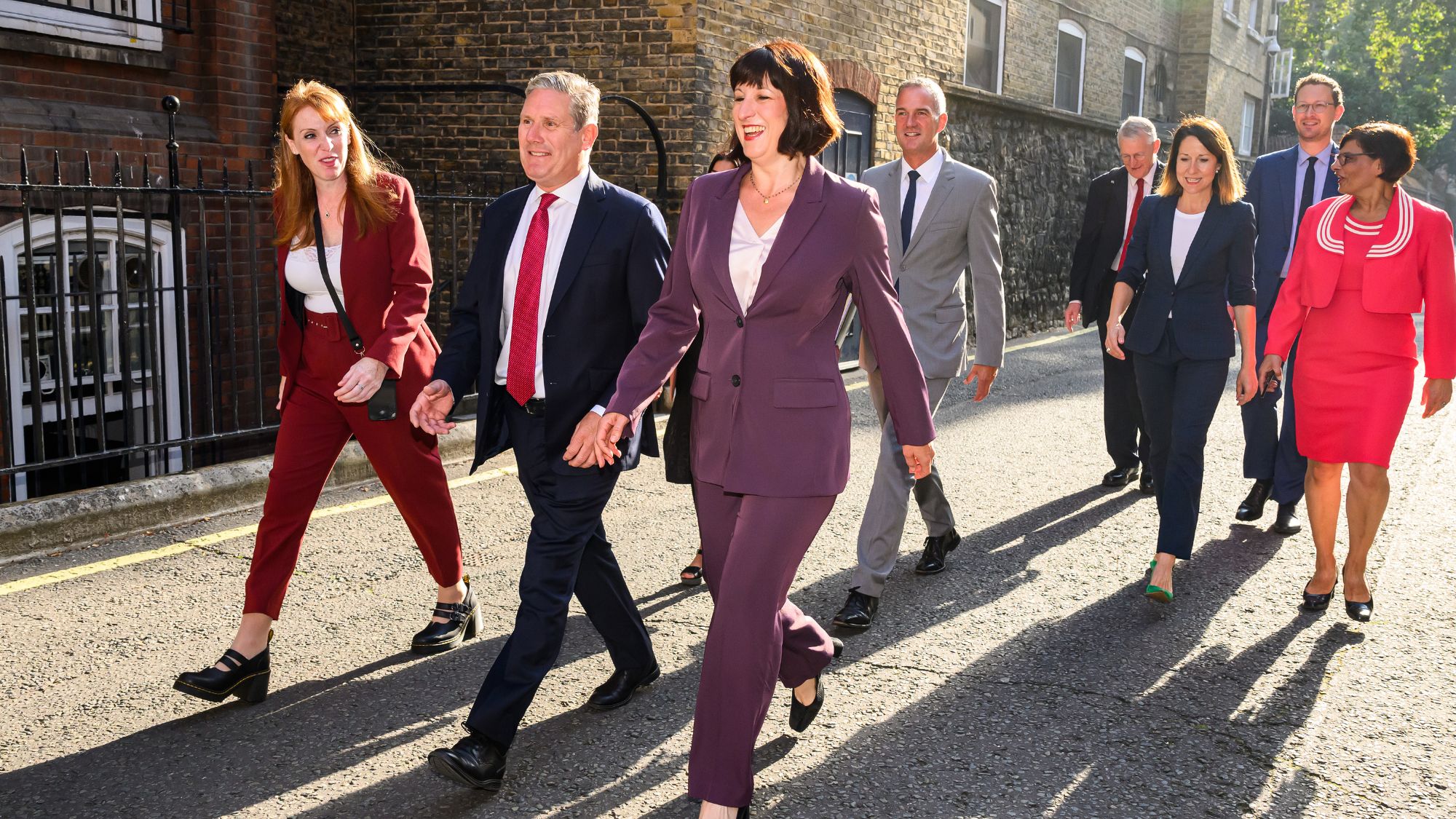A record number of female MPs have been appointed in the UK General Election


The Labour Party has won the UK General Election in a landslide victory, seeing Prime Minister Rishi Sunak resign as Conservative party leader, and Sir Keir Starmer set to officially become Prime Minister.
The landmark election has made history, marking an end to 14 years of Conservative government, as well as making strides for gender equality, with a record number of women winning seats.
242 female MPs have been voted into the House of Commons - a record in UK politics, with the number of female MPs surpassing the previous all-time high of 220 in 2019.
This is a major opportunity for a more gender-equal parliament, and as such more representation on issues that disproportionately impact women. However, experts have stressed that there is still vast work to be done to ensure 50/50 gender equality in parliament in the future, and that despite the progress, we cannot be complacent.
“To have women in Parliament, not as a minority but as 50% of our elected MPs, is incredibly important," explained Maria Miller MP, Chair of the APPG for Women in Parliament in a 2023 report via King's College London. "It’s important for representation, for better and more diverse policy outcomes, and to bring the full perspective of human experience to the corridors of power. The constituents of every MP are 50% female, and they deserve their voices to be heard in Westminster."
“Without truly equal representation in the halls of power, women’s views and priorities will never be adequately addressed by our democracy," added Jemima Olchawski, Chief Executive of the Fawcett Society in the 2023 report. "We make up over half of the population, but just 34% of our Parliament, despite so much work already done to move us forward. Fawcett’s own research, A House For Everyone, shows that right now, only 37% of women MPs agreed that ‘the culture in Westminster is inclusive for people like me.’ It’s clear we still have a long way to go."
We will continue to update this report.
Marie Claire Newsletter
Celebrity news, beauty, fashion advice, and fascinating features, delivered straight to your inbox!
Key Labour Manifesto Takeaways
- Labour has promised “to halve violence against women and girls within a decade”
- The Labour manifesto stated they would make misogyny a hate crime
- Labour has not committed to funding specialist support services for survivors of violence against women and girls
- The Government has committed to addressing the shameful backlog for survivors of violence against women and girls seeking justice in the courts
- Labour has pledged to create 80 new specialist rape courts

Jenny Proudfoot is an award-winning journalist, specialising in lifestyle, culture, entertainment, international development and politics. She has worked at Marie Claire UK for seven years, rising from intern to Features Editor and is now the most published Marie Claire writer of all time. She was made a 30 under 30 award-winner last year and named a rising star in journalism by the Professional Publishers Association.
-
 This is not a drill: you can now shop Alexa Chung's actual wardrobe on Vinted
This is not a drill: you can now shop Alexa Chung's actual wardrobe on VintedOwn a piece of sartorial history
By Penny Goldstone
-
 New Look’s spring collection has dropped—as a picky fashion editor, I’m seriously impressed
New Look’s spring collection has dropped—as a picky fashion editor, I’m seriously impressedSpring trends at affordable prices
By Jazzria Harris
-
 I'm the founder of an ethical brand marketplace - why, in the wake of tariff-gate, protecting independent businesses is more important than ever
I'm the founder of an ethical brand marketplace - why, in the wake of tariff-gate, protecting independent businesses is more important than everThis Earth Day, the founder of Wolf & Badger shares why protecting sustainable brands is so pivotal.
By Ally Head